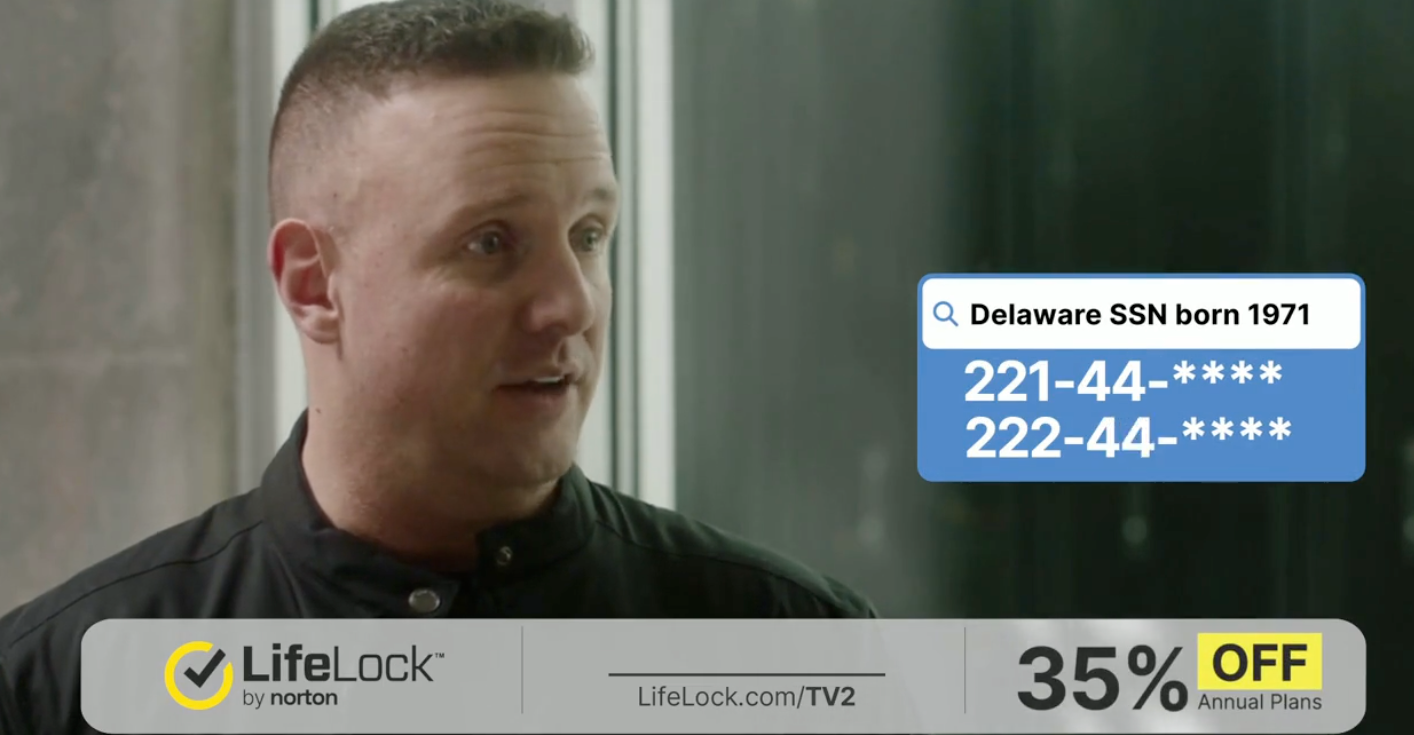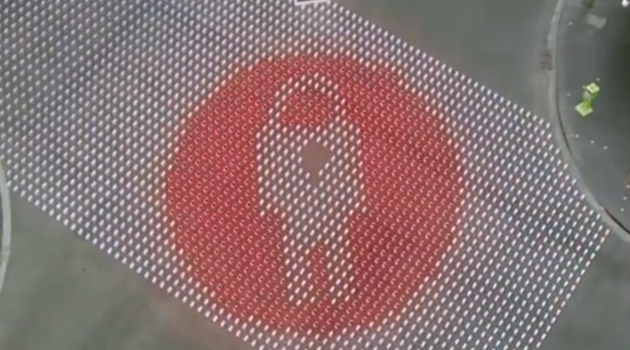
LifeLock’s Identity Theft Protection Services
Allegations: Falsely advertising that LifeLock protects, notifies, reimburses, and assists members whose personal information has been stolen when it does not provide the advertised services
Avila et al. v. LifeLock, Inc. et al.
15-cv-1398, D. Ariz.
(July 2015)
LifeLock
Falsely representing that its advertising was in compliance with an FTC settlement agreement
Falsely representing how the company protects consumers’ personal data
Settled
(Final approval granted)
Allegations: Falsely advertising that LifeLock protects, notifies, reimburses, and assists members whose personal information has been stolen when it does not provide the advertised services
Allegations: Falsely marketing itself as a “comprehensive” network that provides service 24 hours a day, 7 days a week, 365 days a year and “stop[s] thieves before they do damage”…
Is your Social Security number as vulnerable as this company claims?
Comparing the amount companies agree to pay to settle deceptive marketing charges with their annual revenue.
Experts weigh in on how to avoid being a victim of these latest campus scams.
LifeLock’s ads say the company will relentlessly protect your identity. But how much can they really do?




